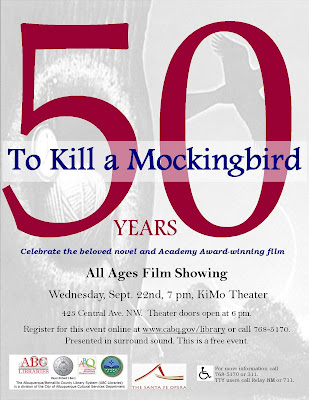My old college friend Claire is 55 and Still Alive. Her late father, BTW, was awarded the Bill Finger Award at Comic-Con 2012.
Jaquandor’s review/reflection about the book Making Piece: A Memoir of Love, Loss, and Pie by Beth Howard, which is about processing grief. And dessert. Check out her website.
Legal Analysis Outlines Potential Crime In Mitt Romney’s Financial Disclosures
“Recent DNA and genealogical evidence uncovered by Ancestry.com researchers suggests that President Obama is a descendant of one of America’s first documented African slaves. What surprised many is that Obama’s connection to slavery is through his white mother, not his black father.”
The Strange Story Of The Man Behind ‘Strange Fruit’.
Wells Fargo mistakenly forecloses on the wrong house, destroys elderly couple’s entire lifetime’s worth of possessions. Oops. And if it HAD been the right house, would the action be justified? (My answer is NO.)
The truth comes out: CEO says ‘stupid’ consumers deserve hefty fees.
Gay rights, free speech, politicians and the NFL.
Son of a Bigot. His dad founded the infamous Westboro Baptist Church. Nate Phelps is dedicated to reversing that legacy of hate.
I am a First Year, First Semester, M.Div.
Under 18, or know someone who is? Name that asteroid! The deadline is December 2.
Kickstarter for MAN ON THE MOON exhibit at Space Center Houston.
The Big Daddy Kickstarter is still going on. I mentioned it before, but Mark Evanier has mentioned it again and again, so I shall as well.
Harvey Pekar statue to be dedicated at Cleveland Heights’ Lee Road library next month.
Cerebus: The Fantagraphics offer and the Dave Sim response. Follow the thread about other Sim-Fantagraphics product possibilities here.
The Last Record Store Standing?
George Martin: He Had You Hooked on the Beatles.
David Byrne’s How Music Works.
Congrats to Brian Ibbott of Coverville, who recently podcast his 900th show. One of the tunes on that episode was David Garrett – Vivaldi Vs Vertigo.
Also, kudos to Arthur@AmeriNZ, who has been blogging for six years. He’s been musing about modern technology.
Glamour is different on the other side of the pond if Emma Watson is the example.
Bug Comic: Rise and Whine, an insomniac’s lament.
An oldie, but goodie: Troy (MI) Library’s book burning campaign.
Jaquandor answered my questions here and here and here. Which reminds me: you can still Ask Roger Anything.
GOOGLE SEARCH
Visible light communication could simplify car electronics
A team led by Prof Roger Green is planning to demonstrate how visible light communication (VLC), which is already used as an alternative to wireless internet transmissions, could simplify and lighten the electronic systems in cars.
BOWLS: Moulton edged out in centenary match
In the battle of the presidents, Moulton’s Roger Green came out on top on rink four against Stuart Lake winning 24-17. But Green’s rink were pipped for top honours by Tony Keating who led his home quartet to a ten shots success.
Denver “folk & roll” songstress Esmé Patterson is releasing her solo album November 20th
Making appearances on the album are Nathaniel Rateliff, Roger Green (formerly of the Czars), Ben Desoto (Czars, Nathaniel Rateliff, Bare Bones), Genevieve Patterson and Sarah Anderson (Paper Bird), Carrie Beeder, Eric Moon, Mike Fitzmorris, Will Duncan, and many more.











